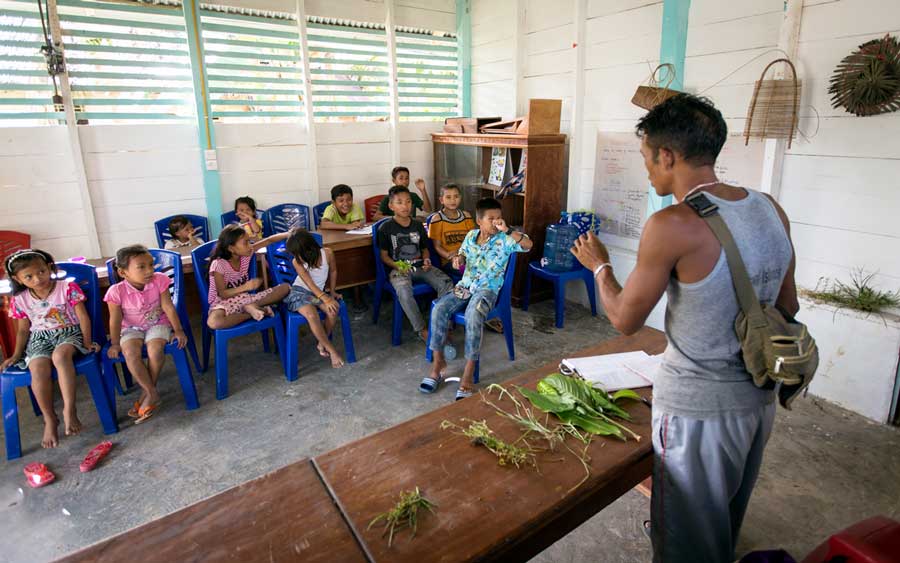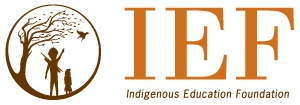“An end to a disagreement or conflict with somebody and the start of a good relationship again.” This is how the Oxford English Dictionary defines reconciliation. When we reflect on reconciliation in the Australian context considerable progress has been made among new Australians at every level: government, business, community and individuals. There is no doubt that our shared focus on reconciliation has facilitated respect, trust and positive relations between the wider Australian society and Aboriginal Torres Strait Islander peoples. But few have paused to reflect if it is enough progress and whether reconciliation is the best approach to dealing with the past, present and future.

The search for reconciliation needs to include atonement and restitution or compensation. If we peek beyond the horizon, what would Australia look like when good relations are fully established. Will we see thriving First Nation communities with education systems in place? An Aboriginal University? Will the Australian education system support the principle that every Australian should know about the infinite treasure of the world’s oldest continuous culture and unassailable diversity? Will all Australians learn about the harm and injustice that preceded the era of reconciliation? Will they learn along side knowing that the world’s population is growing and that there are more than 370 million indigenous people in the world, and two thirds or over 280 million live in our neighbourhood throughout the Pacific rim? And will we scrutinize whether we as a nation are doing enough to ensure that reconciliation is also atonement and redressing injustice and if it contributes to advancing indigenous education equity?
The Indigenous Education Foundation (IEF) believes that atonement precedes reconciliation and more needs to be done to advance education equity for indigenous peoples in Australia and the world. How can our students enter university and leadership positions in government, business and community without ever being taught Australian history by a First Nations teacher? Can we expect respect in the work-place if employees are not given an opportunity to learn about First Nation history, culture and identity as long needed measures to encourage employment of First Nations in Australia’s workplace take shape? It is only through a better understanding and knowledge of our infinite and unassailable diversity will we be able to knit together the quilt we seek in Australia. Any vision of Australia’s future can only be a genuine vision of the future if it takes its cue from the values, perspectives and vision of First Australians.



0 Comments